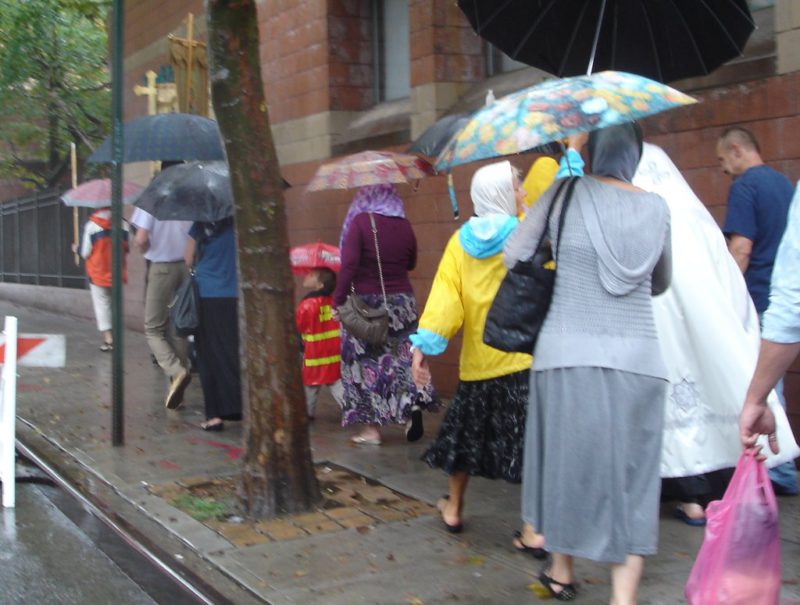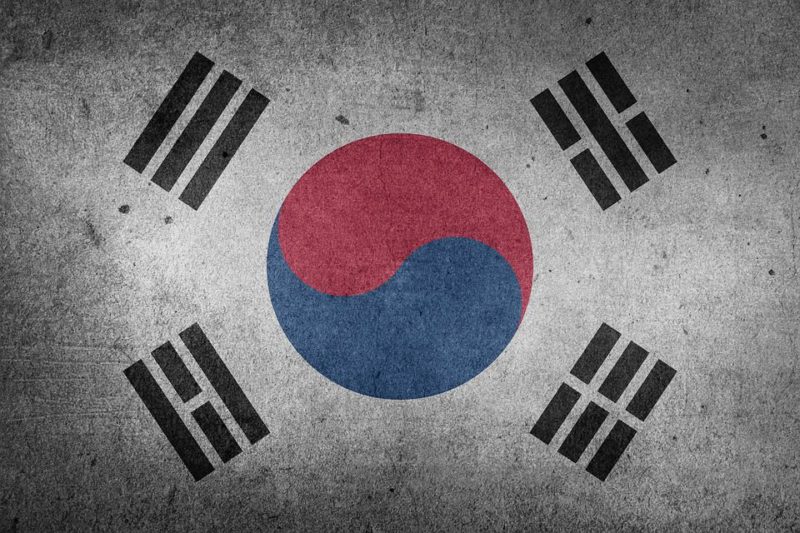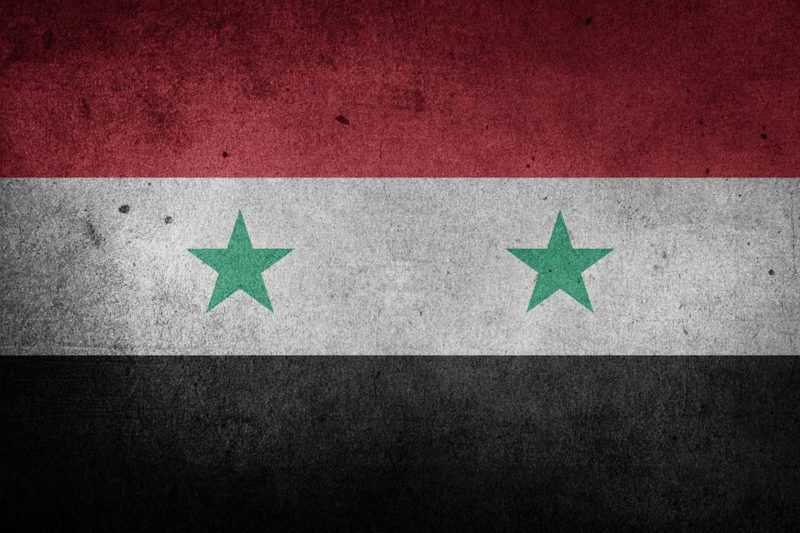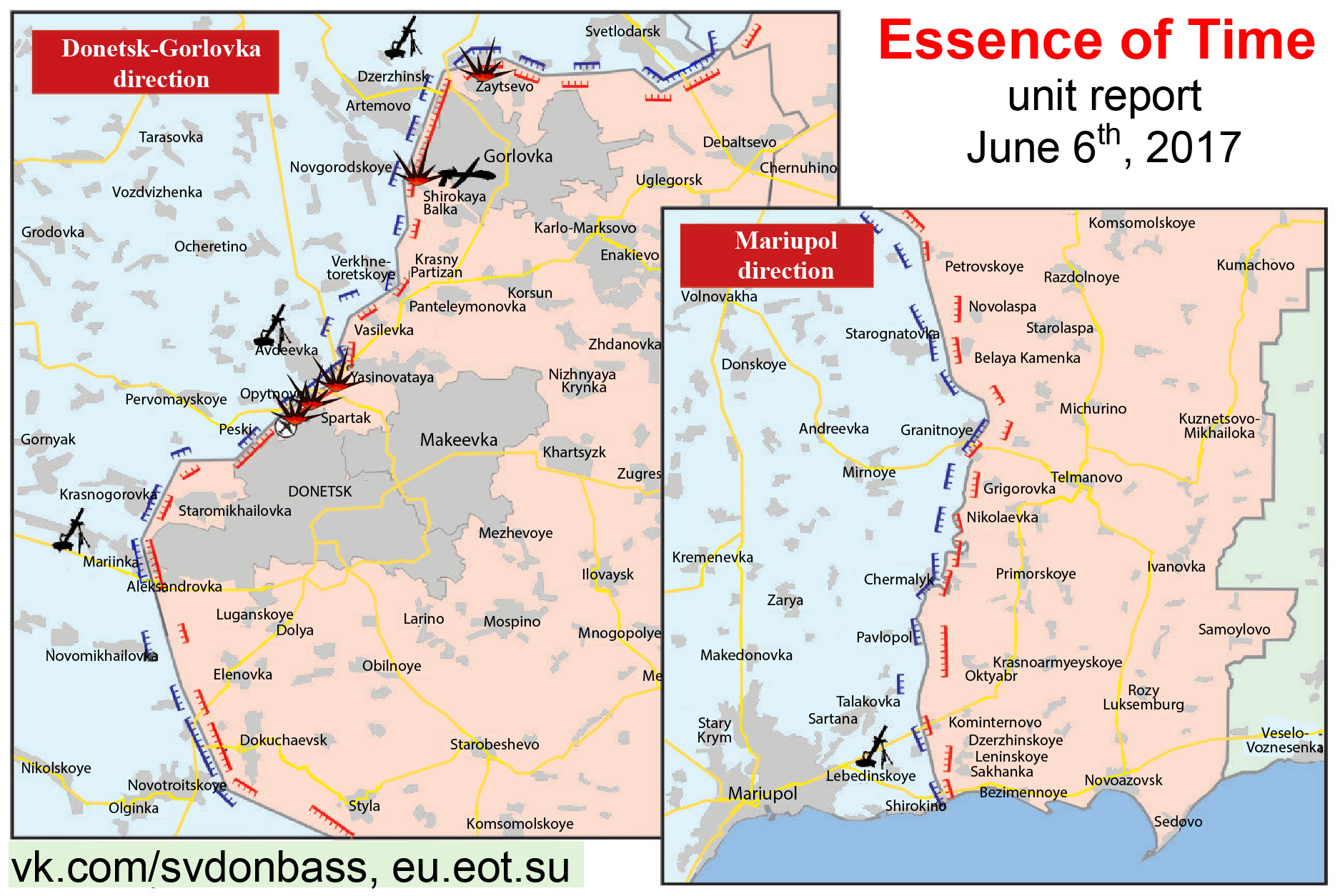
Expert: Robotization could slow the growth of developing countries
The point is that with the development of robotics, not only unqualified but also qualified work will become uncompetitive. Robots could hinder industrialization in developing countries. “If robotics makes labor uncompetitive in these lowest-skill and sometimes in the medium-skill occupations, this development path would be closed to the next group of developing countries and would make the further development of countries, such as China or Vietnam, also very difficult,” said the scientist. The paradox of this industrial development is, that its outcome creates an instrument to obstruct development.
On June 6, Walter Russell Mead, a Distinguished Fellow at Hudson Institute, commenting the statements of the Turkish economist, said that “the Arab world will never escape from its current ‘oil or nothing‘ economic trap.” With regard to African countries, the expert added that “Africa may miss out on the benefits of industrialization”. He said that once robots replace cheap human labor, hundreds of millions of Africans heading to the cities from the countryside, will not be able to make a living there.






